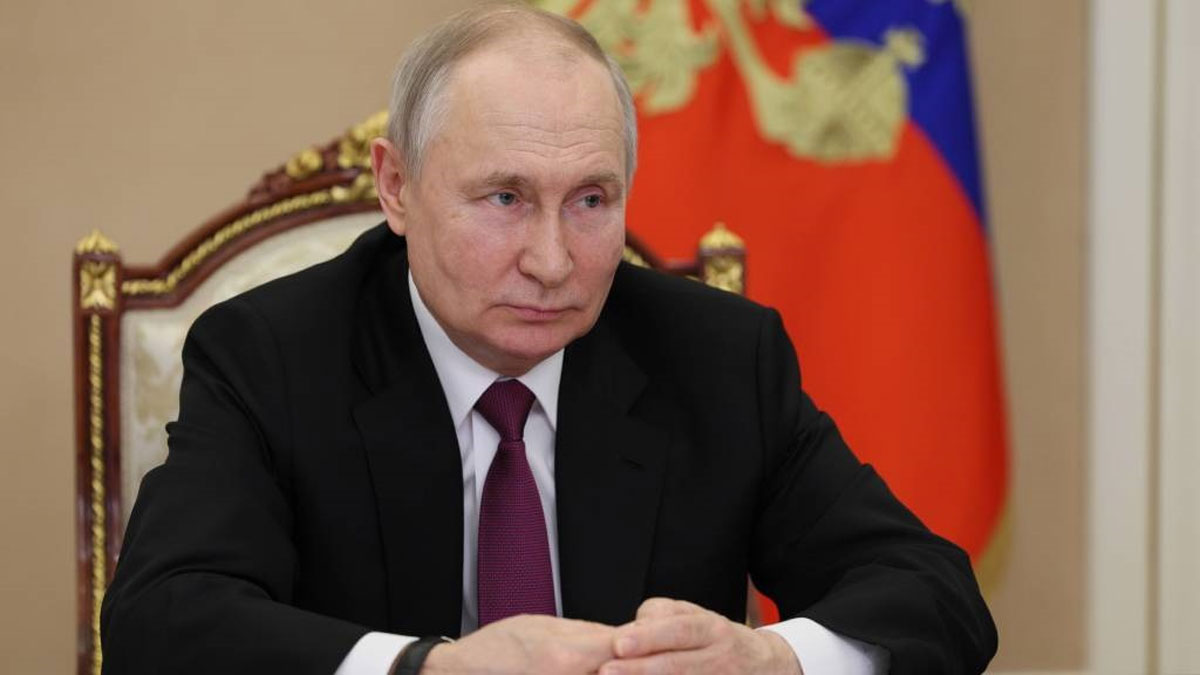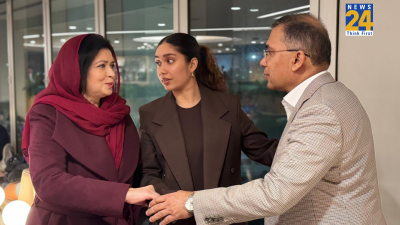Russia: After the Wagner Chief Yevgeny Prigozhin succumbs to the deadly plan crash, Russia President Vladimir Putin on Saturday directed the mercenary group fighters to sign an oath of allegiance to the state.
Read more: Wagner Chief Came Back From Deathbed In 2019, Will He Do It Again?
Russian President Vladimir Putin swiftly signed a decree on Friday, bringing about a change in the law’s immediate effect. This decision followed the Kremlin’s strong denial of Western claims that Prigozhin’s demise was orchestrated by them, branding such allegations as an “absolute lie.” While refraining from definitive confirmation of his death, the Kremlin explained the need to await test results.
The Russian aviation authority has reported that Prigozhin was among the passengers of a private jet that tragically crashed on Wednesday evening northwest of Moscow. The crash resulted in no survivors. Remarkably, this incident occurred precisely two months after Prigozhin led a failed mutiny against army chiefs.
President Putin extended his condolences to the families affected by the crash on Thursday, referring to Prigozhin in the past tense. Citing “preliminary information,” Putin noted that Prigozhin and his key associates from Wagner had likely perished. He lauded Prigozhin’s contributions while acknowledging his “serious mistakes.”
Read More: Watch | UAE Astronaut Makes Honey Sandwich In Space, Takes a Bite And Leaves It Hanging
The president’s introduction of a compulsory oath for Wagner employees and other private military contractors underscores his intention to tighten state control over such groups. The decree, featured on the Kremlin’s official website, mandates that individuals engaged in activities on behalf of the military or supporting Moscow’s labeled “special military operation” in Ukraine must pledge formal allegiance to Russia.
Characterized in the decree as a step to solidify the moral and spiritual underpinnings of Russia’s defense, the oath includes a commitment to faithfully follow orders from commanders and senior leaders.
While Western figures and analysts have insinuated, without presenting evidence, that Putin sanctioned Prigozhin’s assassination as retribution for his June 23-34 mutiny against the army’s leadership—an uprising that posed the most significant challenge to Putin’s rule since his ascent to power in 1999—Kremlin spokesperson Dmitry Peskov firmly rebuffed such claims on Friday.
Peskov addressed the plethora of speculative narratives surrounding the plane crash and the tragic loss of its passengers, including Yevgeny Prigozhin. He denounced these claims as “an absolute lie” and called for a reliance on facts rather than conjecture, asserting that the investigation would ascertain the truth through thorough examination.













